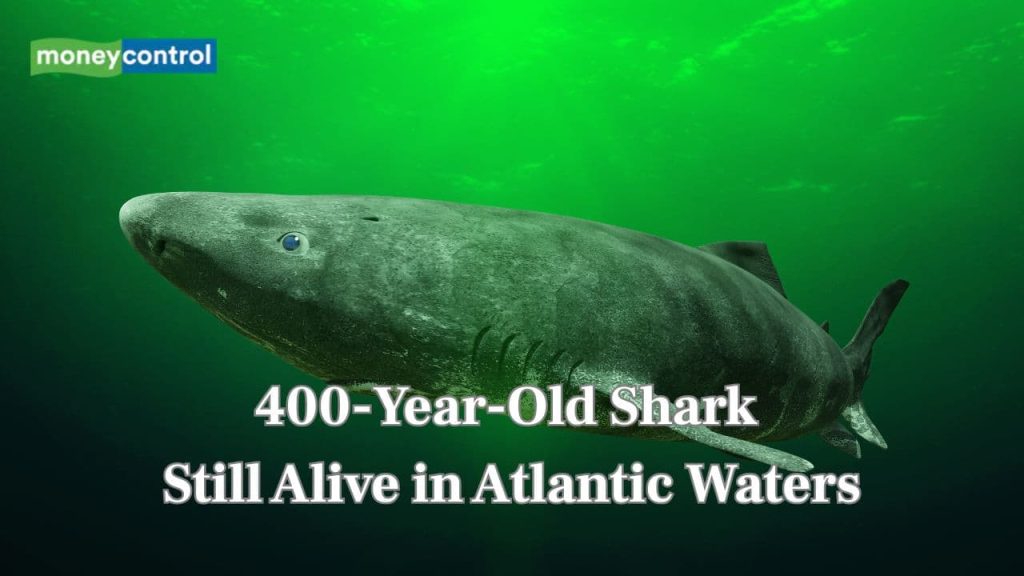Introduction to the Greenland Shark
The Greenland shark, a mysterious deep-sea dweller of the Atlantic Ocean, has recently been confirmed as the oldest living vertebrate species. Scientists estimate some individuals of this species live up to 400 years, making them remarkable examples of longevity in the animal kingdom.
Scientific Discoveries and Age Estimation
Using radiocarbon dating techniques on eye lens proteins, researchers determined that Greenland sharks can live for centuries. The oldest sharks studied were estimated to be between 272 and 512 years old, with an average lifespan of around 400 years. This discovery has significant implications for understanding vertebrate aging and marine biology.
Physical Characteristics and Habitat
The Greenland shark is a slow-moving, large species that can grow up to 7 meters in length. It inhabits the cold, deep waters of the North Atlantic and Arctic Oceans, typically found at depths between 200 and 600 meters. Adapted to extreme environments, this shark has a slow metabolism and a unique diet, often feeding on fish, seals, and even carrion.
Behavior and Reproduction
Due to their long lifespan, Greenland sharks have a very slow growth rate and late sexual maturity, typically reaching reproductive age around 150 years. This slow pace poses challenges for population growth and conservation efforts, as their reproductive rate is much lower than many other shark species.
Trivia and Fascinating Facts
- The Greenland shark is sometimes called the “sleeper shark” due to its slow swimming speed.
- They have a parasite called a copepod that often attaches to their eyes, partially impairing vision.
- Despite their longevity, the species remains little studied due to their remote deep-sea habitat.
- Greenland sharks have inspired folklore in Arctic cultures for centuries.
Conservation Status and Importance
Though not currently classified as endangered, Greenland sharks face threats from fishing and climate change. Understanding their biology is crucial for conservation strategies to protect these ancient creatures and maintain deep-sea ecosystem health.
Conclusion
The Greenland shark stands as a testament to nature’s endurance, living silently beneath the Atlantic waves for centuries. Its discovery as the oldest vertebrate offers invaluable insights into aging, marine ecosystems, and the mysteries of the deep ocean.
Source: Moneycontrol

